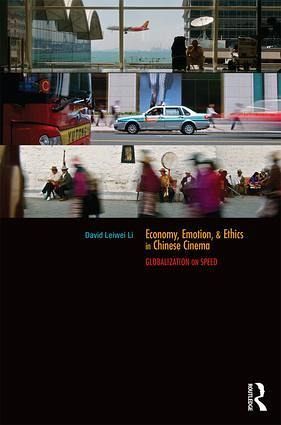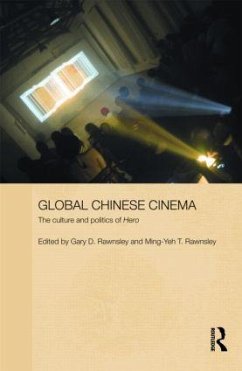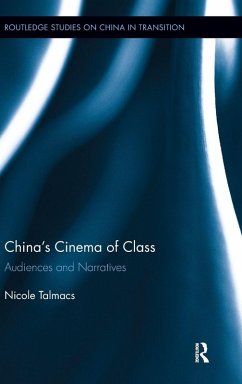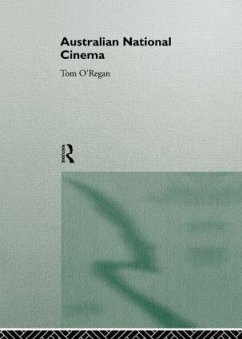
Economy, Emotion, and Ethics in Chinese Cinema
Globalization on Speed
Versandkostenfrei!
Versandfertig in 1-2 Wochen
194,99 €
inkl. MwSt.
Weitere Ausgaben:

PAYBACK Punkte
97 °P sammeln!
This book investigates major Chinese-language films from mainland China, Taiwan, and Hong Kong in order to unpack a hyper-compressed capitalist modernity with distinctive Chinese characteristics. As a dialogue between the film genre as a mediation of microscopic social life, and the narrative of economic development as a macroscopic political abstraction, it engages the two otherwise remotely related worlds, illustrating how the State and the Subject are reconstituted cinematically in late capitalism.













